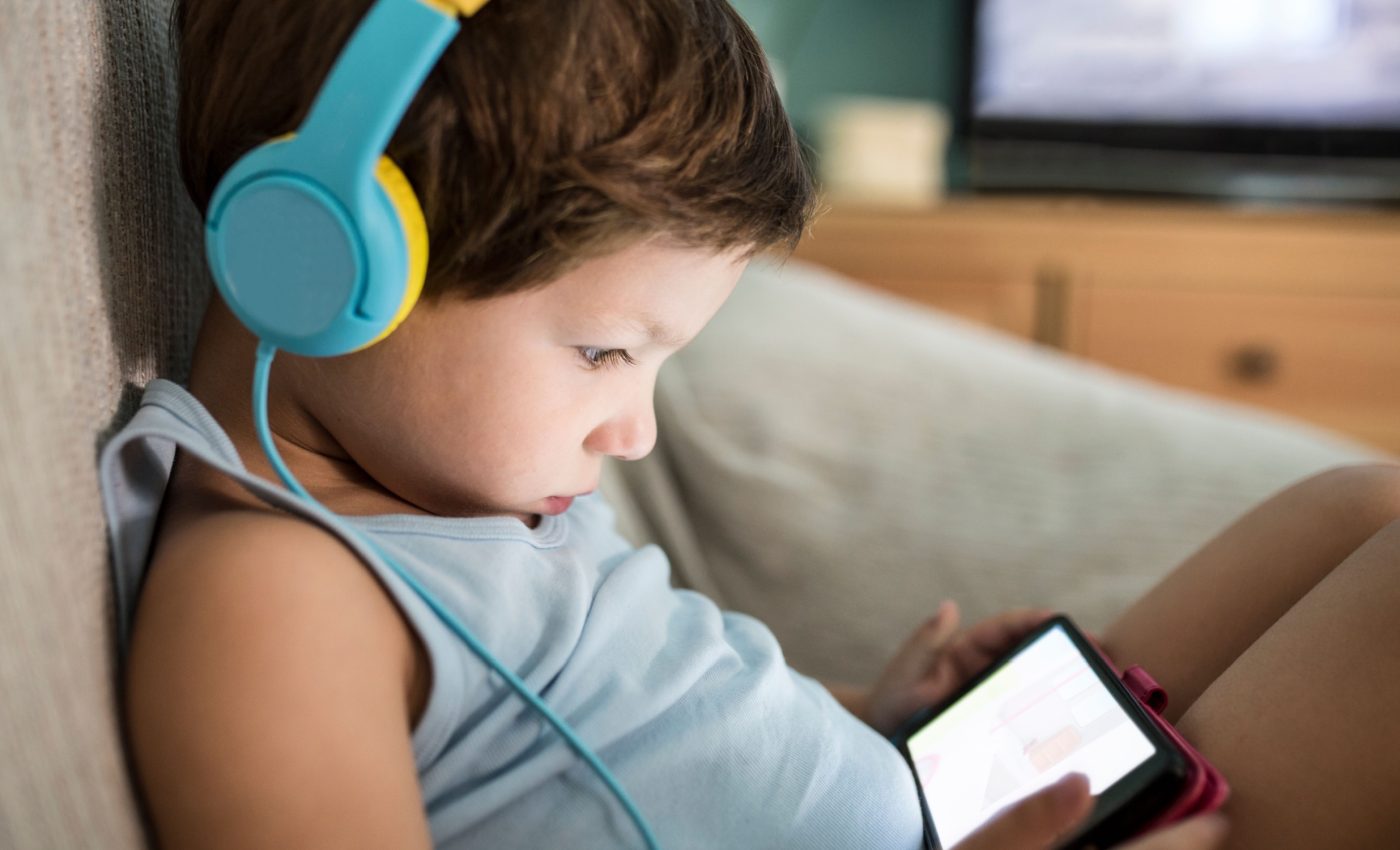
Children under two should not be exposed to TV or screen time
Children and screens are seen together more often than peanut butter and jelly these days. However, this seemingly innocent combination is cause for concern. Sweden’s emphatic message to parents is that toddlers should not have any screen exposure.
Yes, you heard that right, not even a minute. This extends to older children as well, with screen time recommended only in moderation.
Screen time recommendations
The Public Health Agency in Sweden has advised that children under the age of two should not be exposed to any form of digital media or television. It does sound like a lot to ask in our tech-saturated world, but the authorities are firm in their stance.
As children grow, electronic indulgence should be restricted. For ages two to five, a hard cap of one hour a day should be adhered to, the agency counsels. Six to twelve-year-olds could afford a couple of hours in front of the screen, but not a minute more.
TV dinners: A recipe for childhood obesity?
A recent study has uncovered a link between screen time during meals and increased chances of overweight children.
It appears that the seemingly harmless act of watching television or fiddling with phones at the dinner table tips the scale against children’s health. The Swedish Public Health Agency extends this safeguard to children under the age of two as well.
“For too long, smartphones and other screens have been allowed to enter every aspect of our children’s lives,” said Jakob Forssmed, Minister for Social Affairs and Public Health. With this statement, he echoes the recommendations of the public health agency, reinforcing the need for digital discipline in kids’ lives.
Screen time among children and teens
The agency’s recommendations extend to teenagers as well, suggesting that 13 to 18-year-old teens limit their screen time to two to three hours per day.
This is a daunting task considering Swedish teens aged 13 to 16 spend an average of six and a half hours a day on screens, outside of school hours.
This overindulgence in screens does not leave a lot of time for communal activities, physical activity or adequate sleep, said Forssmed. He also pointed to the worrying reality of a Swedish “sleep crisis,” with more than half of 15-year-olds not getting enough sleep.
Guarding children from excessive screen use
Furthermore, the health agency advised against using screens before bedtime and recommended that all digital devices remain outside bedrooms at night. This suggestion is based on research showing that excessive screen use can lead to poor sleep, depression, and body dissatisfaction.
Sweden’s government is not stopping at recommendations. They have expressed intentions of exploring a ban on smartphones in primary schools. In January, a study elucidated that even an hour of iPad use per day in toddlers can impact their understanding of the world around them.
Researchers at Drexel University in Philadelphia found a two-fold increased risk of unusual sensory behaviors in children exposed to any amount of screen time starting at a year old. The risk escalated with each additional hour of screen time. This highlights the severity of the issue at hand.
Engaged parents can model healthy habits
To effectively tackle the growing concern of excessive screen time, parental involvement is paramount. Engaged parents who actively participate in their children’s activities are better positioned to model healthy habits.
This includes not only limiting screen exposure but also encouraging alternative pursuits – such as reading, playing outside, or participating in community events – that promote creativity and social skills.
Furthermore, parents can facilitate open discussions about digital media, helping children understand its impact and their own consumption habits.
By setting boundaries and providing guidance, families can collectively work towards a balance that promotes mental and physical well-being, creating a healthier environment for the next generation amidst the digital age’s rapid evolution.
Screen time and its effects on children is a Pandora’s box that we’ve unwittingly opened. The recommendations and initiatives by the Swedish Public Health Agency and Minister Jakob Forssmed are steps in the right direction.
—–
Like what you read? Subscribe to our newsletter for engaging articles, exclusive content, and the latest updates.
Check us out on EarthSnap, a free app brought to you by Eric Ralls and Earth.com.
—–













